
Whoever adopts teaching as a profession assumes the obligation to conduct himself/herself in accordance with the ideal of the profession. A teacher is constantly under the scrutiny of his students and the society at large. Therefore, every teacher should see that there is no incompatibility between his precepts and practice. The national ideals of education which have already been set forth and which he/she should seek to inculcate among students must be his/her own ideals. The profession further requires that the teachers should be calm, patient and communicative by temperament and amiable in disposition.
adhere to procedures and methods consistent with their profession in initiating steps through their own institutional bodies and/or professional organizations for change of any such rule detrimental to the professional interest;
Self-discipline is the best discipline. All students are expected to observe rules and regulations currently in force to enable smooth working of the college. Students should comply with the ordinance of 157 of Savitribai Phule Pune University, Pune, regarding maintenance of Discipline and good conduct. The college is making concerted efforts to relevant education of good standards in a disciplined and conductive environment.
The college runs full time programmers and requires the students to classroom sessions regularly. As per the rules of Savitribai Phule Pune University, Pune, students should have at least a minimum of 75% attendance to complete the programme. Absenting form the classroom and indulging in any non- academic pursuit during the scheduled lecture time is considered an offence and will invite discipline action against the students.
While on the college campus the student must compulsorily wear Identity Cards and mist produce the same when any staff member of the college asks for identification. They are also required for borrowing books form the library.
Ragging within the institution or out of it is strictly prohibited. Whoever directly or indirectly commits, participates in, abets or instigates shall be suspended / expelled / rusticated and shall be liable to pay fine.